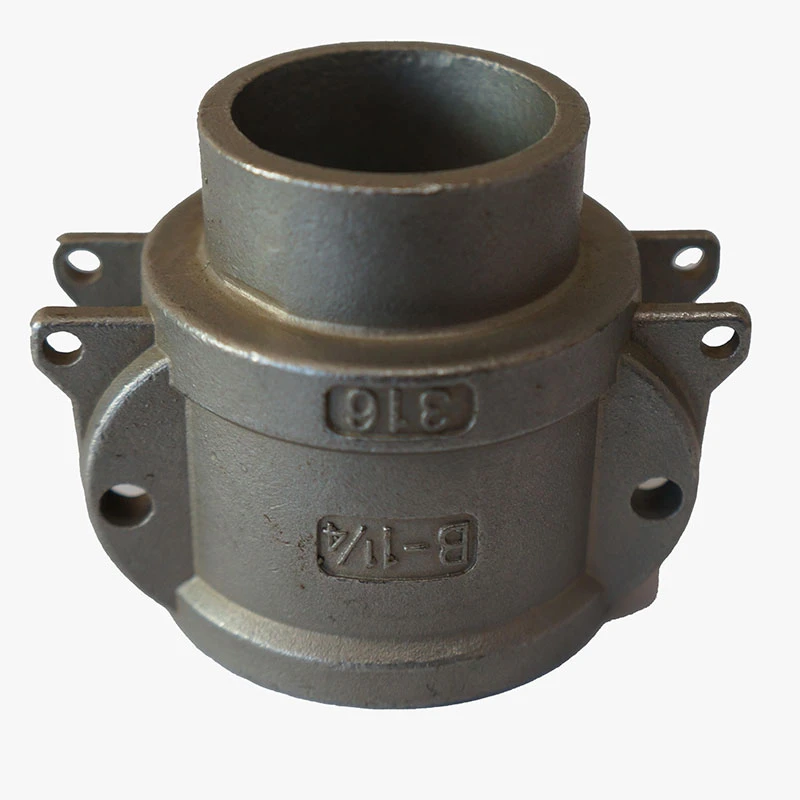fabrication and machining
Fabrication and Machining An Overview of the Processes and Their Importance in Modern Manufacturing
In the realm of manufacturing, fabrication and machining are two critical processes that play a pivotal role in transforming raw materials into finished products. Together, these processes underpin the production of a wide array of components used across various industries, from aerospace and automotive to electronics and medical devices. Understanding the intricacies of fabrication and machining is essential for anyone involved in the manufacturing sector.
Fabrication The Foundation of Production
Fabrication refers to the process of constructing products by assembling, shaping, or modifying raw materials. This may involve techniques such as cutting, bending, welding, and assembling to create structures or components from materials like metal, plastic, or composites. Fabrication can be seen in various applications, from building large metal frames for buildings to creating intricate parts for machinery.
One of the key advantages of fabrication is its versatility. Fabricators can adapt their methods to accommodate various materials and desired outcomes. For example, laser cutting provides precision in shaping metal sheets, while 3D printing allows for complex geometries that would be difficult to achieve through traditional means. The choice of fabrication technique often depends on factors such as material type, production volume, and cost efficiency.
Moreover, fabrication techniques need to be complemented by proper design practices. The success of fabricated products hinges on clear design specifications and effective collaboration between engineers and fabricators. Advanced software tools, such as Computer-Aided Design (CAD) programs, enable designers to create detailed models that can be accurately transformed into physical products through fabrication methods.
Machining Precision at Its Best
fabrication and machining

While fabrication lays the groundwork for product creation, machining takes it a step further by refining and finishing the components. Machining involves the removal of material from a workpiece to achieve precise dimensions, surface finish, and tolerances. Techniques such as turning, milling, drilling, and grinding are commonly employed in machining operations.
Machining is especially vital in industries where high precision is required. For instance, in the aerospace sector, every component must meet stringent safety and performance standards. Therefore, the ability to machine parts with utmost accuracy is paramount. CNC (Computer Numerical Control) machining has revolutionized this field, enabling automated processes that are not only more efficient but also consistent in quality. CNC machines can execute complex parts with minimal human intervention, allowing manufacturers to scale production while maintaining tight tolerances.
Furthermore, the integration of machining into the manufacturing process allows for greater design freedom. Engineers can create intricate features that enhance product functionality, such as cooling channels in engine components or geometric designs for lightweight structures. This capability, combined with advanced materials, paves the way for innovation in product development.
The Future of Fabrication and Machining
As technology advances, the landscape of fabrication and machining continues to evolve. The adoption of additive manufacturing techniques, digital twinning, and Industry 4.0 practices is reshaping how products are designed and manufactured. These trends are leading to more efficient processes, reduced material waste, and increased customization.
In conclusion, fabrication and machining are indispensable components of modern manufacturing, driving innovation and enhancing the quality of products across various industries. As manufacturers embrace new technologies and methodologies, the potential for improvement in efficiency, precision, and sustainability will only grow, paving the way for a future where fabrication and machining are even more integral to economic growth and technological advancement. Understanding these processes and their applications is crucial for anyone looking to thrive in the ever-evolving manufacturing landscape.
-
Precision Sheet Metal Stamping Manufacturer | Fast & ReliableNewsAug.01,2025
-
OEM Sand Cast Pump Valve Fittings - Baoding Hairun Machinery And Equipment Trading Co., Ltd.NewsAug.01,2025
-
Custom OEM Impellers | High Efficiency & PrecisionNewsAug.01,2025
-
OEM Sand Cast Pump Valve Fittings - Baoding Hairun Machinery | Customization, Quality AssuranceNewsAug.01,2025
-
OEM Sand Cast Pump Valve Fittings - Baoding Hairun Machinery And Equipment Trading Co., Ltd.NewsAug.01,2025
-
OEM Sand Cast Pump Valve Fittings - Baoding Hairun Machinery And Equipment Trading Co., Ltd.NewsJul.31,2025















